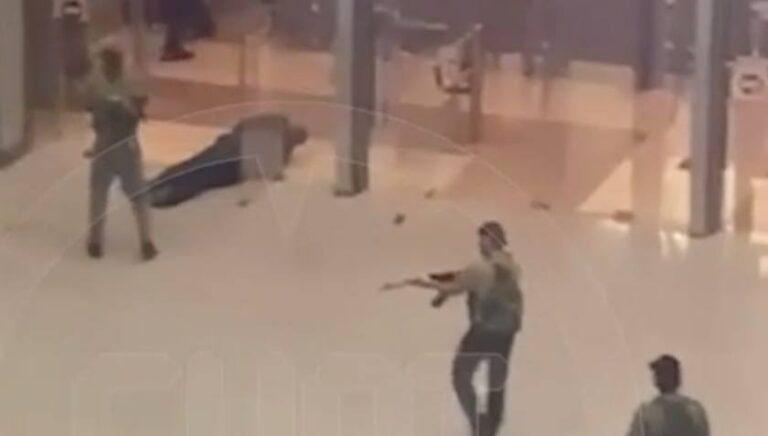Russia intends to use the terrorist attack at Crocus City Hall to launch a psyop and a disinformation campaign targeting Ukraine and the United States.
On March 22, the Crocus City Hall concert venue near Moscow became a site of a mass shooting as five armed men opened automatic fire on attendants, detonated a number of improvised explosive devices and, and set the place on fire using flammables. The incident is similar to the Bataclan club attack in Paris back in 2015.
The Kremlin seems to be the main benefactor of the terrorist attack, based on its post-election objectives.
In early March, U.S. intelligence and some of their allied colleagues warned of imminent terrorist attacks in Russia. Thus, the U.S. intelligence community did have convincing intelligence pointing to a terror plot in the works. However, Russian Foreign Ministry spokesperson Maria Zakharova claiming that Washington never informed Moscow through classified channels raises questions. This looks like an attempt by the Russians to cover up a massive failure on the part of the FSB. U.S. intelligence has publicly warned of the imminent threat, even despite the existing issues in dialogue with Moscow after the full-scale invasion of Ukraine. So there is no doubt that the U.S. remained committed to the existing agreement on terror attack alert information. They did inform Russia.
On March 19, in one of his public appearances, Putin dismissed American warnings as “provocation,” saying that “these actions seem to be outright blackmail and the intention to intimidate and destabilize Russian society.” Thus, the Russian leadership ignored U.S. warnings and therefore shares responsibility for what happened.
According to the United States, in March, the Islamic State – Khorasan Province (known as Wilayat Khorasan or ID-K), an affiliate of the organization based in Afghanistan and Pakistan, was plotting an attack on Moscow while its members were active in Russia.
A number of European governments, including those of Britain and Germany, joined the U.S. alert and advised their citizens against traveling to Russia due to the heightened terrorist threat. The travel alert issued by the American Embassy said extremists were soon planning to attack large gatherings in Moscow, including concerts, adding that U.S. citizens are advised against attending any such gatherings. Thus, the US intelligence community had a complete picture of the potential attack and went public with that tip, realizing that the Kremlin would highly likely take advantage of the crisis for its own political purposes and ignore all risks.
A terrorist act in Russia is now beneficial to the Kremlin in the same way as the Ryazan Sugar stunt was back in 1999, planned and supervised by Nikolai Patrushev. After Yevgeny Prigozhin’s mutiny attempt in August 2023, Mr Patrushev took over part of the presidential duties. Now the terrorist attack at Crocus City Hall gives the Kremlin ample opportunities for certain information operations:
1. Accusing Ukraine of complicity in the terrorist attack. This is an obvious opportunity in response to Ukrainian drone strikes on Russian soi and border penetration by pro-Ukrainian and anti-Putin Russian Volunteer Corps (RDK) units. In this context, in order to undermine international support for Kyiv, the Russians revisited a 2017 psyop where fake reports were spun, accusing Kyiv authorities of offering a safe harbor for Islamic State militants. This effort to spin this narrative, supervised by Russian military intelligence, was eventually called off due to obvious inconsistencies. However, in a crisis, a decision has now likely been made to bring the topic back to life to compromise Ukraine and pursue efforts to disrupt international military aid to Kyiv. We are convinced that the Russians will claim the U.S. withdrawal from Afghanistan led to the strengthening of ISIS-Kh and its operational expansion beyond Afghani borders. Thus, the Kremlin will try to dispel accusations of secretly supporting the Taliban, Islamic State, and other terrorist organizations in the Middle East. It is also likely that Moscow will take advantage of the current crisis to seal even closer ties with the Taliban, recruit their fighters for their war effort in Ukraine, as well as compete with Beijing over the influence on Kabul.
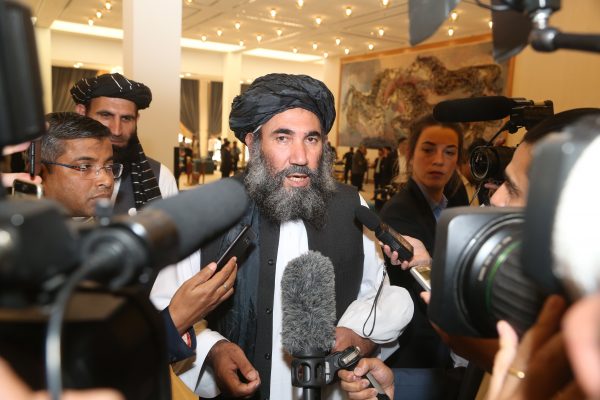
More on this story: The Taliban and AQIS Cooperation casts doubts on peace deal in Afghanistan

More on this story: Russia provides funding for the Taliban in Afghanistan
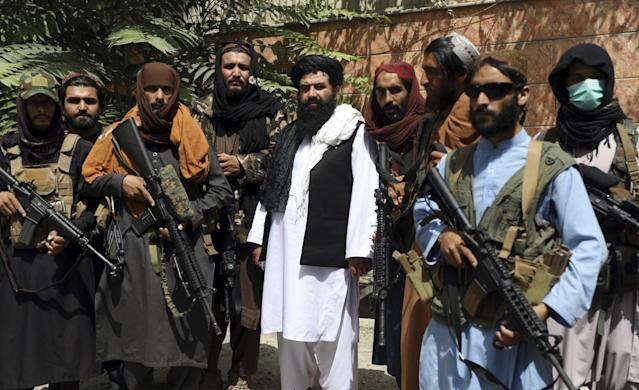
More on this story: “Russian bounties” in Afghanistan: Stage 2
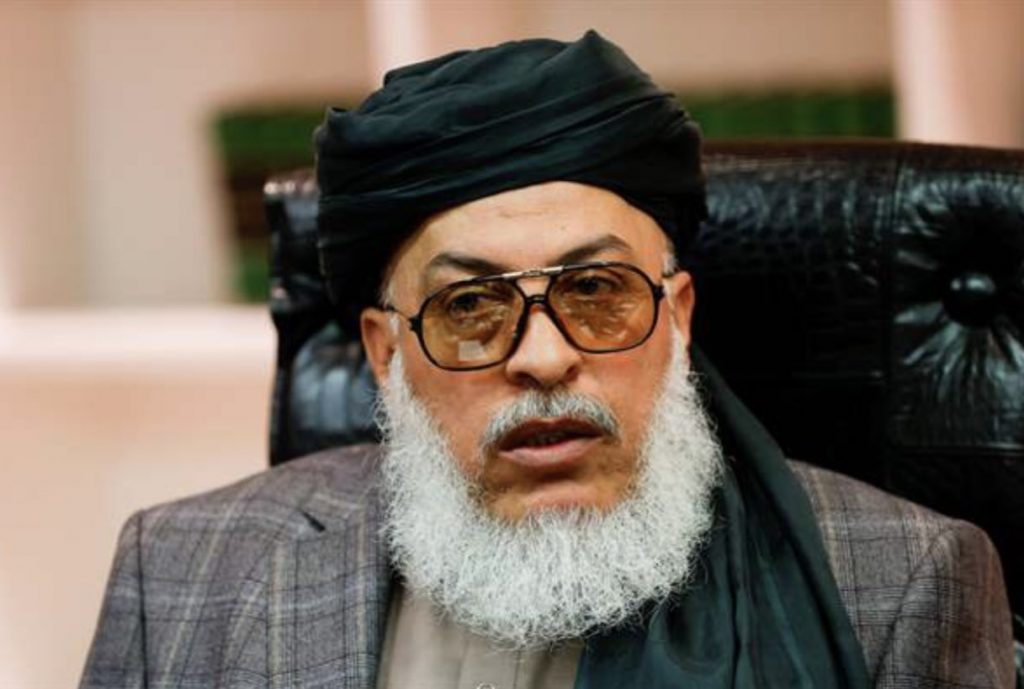
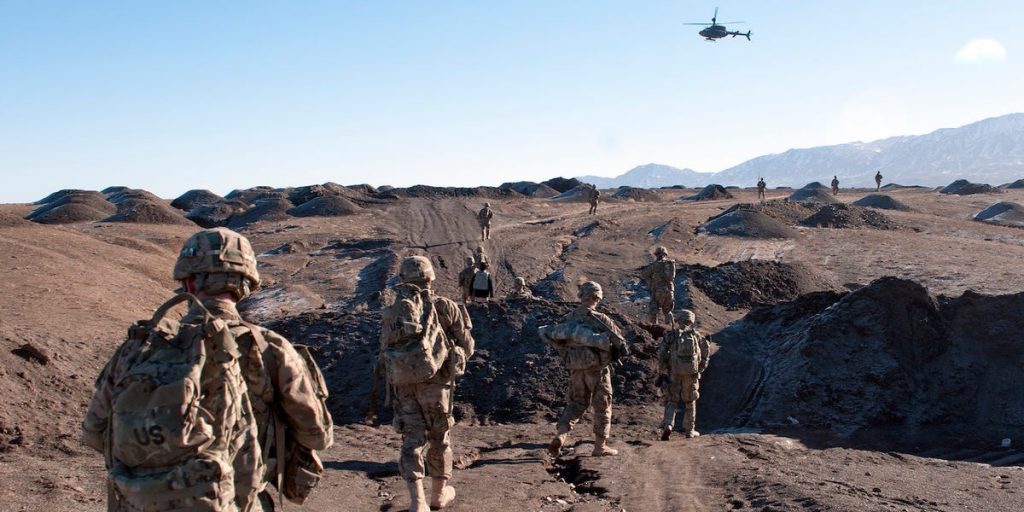
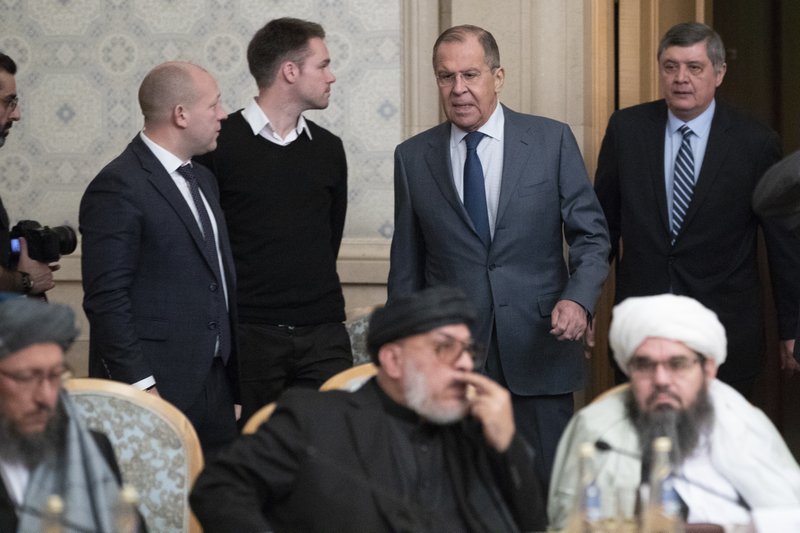
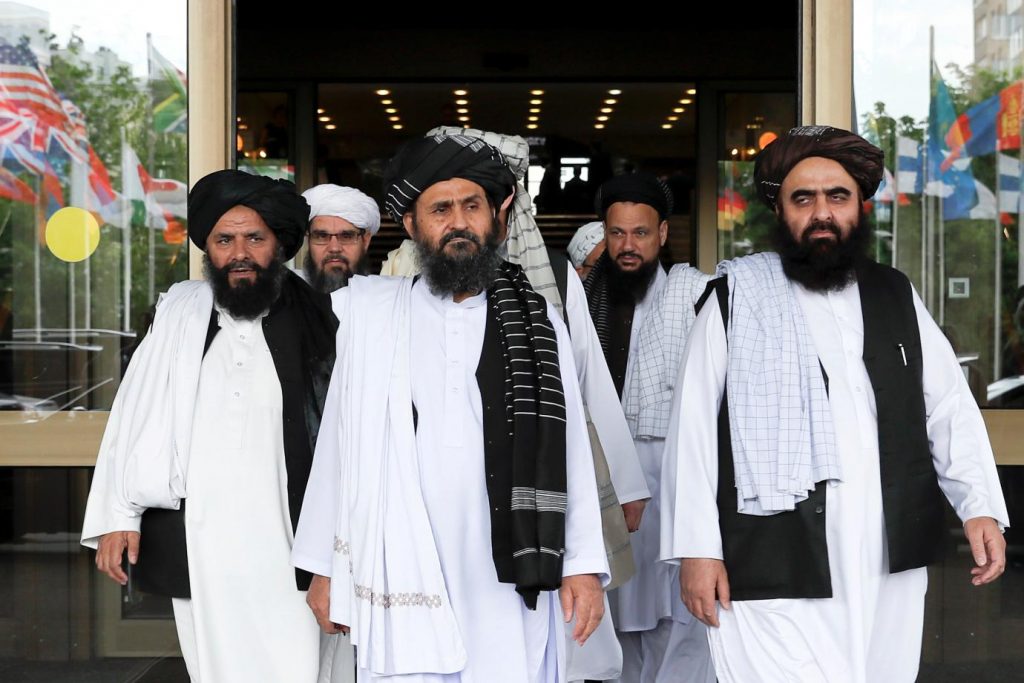
More on this story: Russia’s weaponization of the Taliban
2. Since 2016, Russian propaganda has been actively promoting disinformation linking ISIS and al-Qaeda with the U.S., baselessly claiming Washington is backing the rogue groups. Now Moscow obviously seeks to exploit the terrorist attack at the Crocus City Hall concert venue ahead of the U.S. presidential elections to accuse the administration in Washington of backing terrorists.
3. After all the war crimes committed in Ukraine, the Central African Republic, and Sudan, Russia desperately seeks to whiten its international image and pose as a victim. However, according to our estimates, after the Kremlin apparently ignored the U.S. warning of the “imminent” attack on a “large gathering”, the Kremlin has become an accomplice in a terrorist attack, which is anything but the victim.
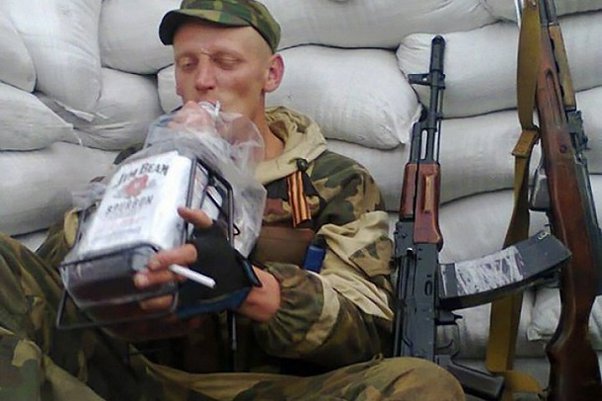
More on this story: War crimes to reflect the essence of Russians
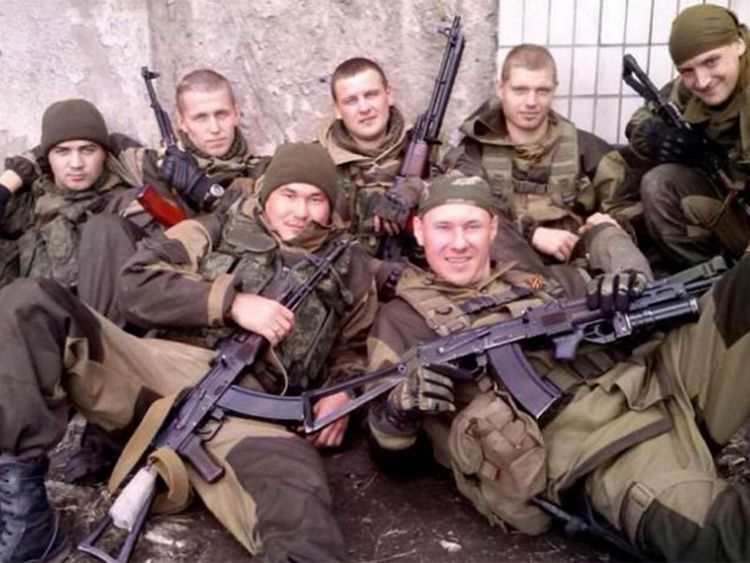
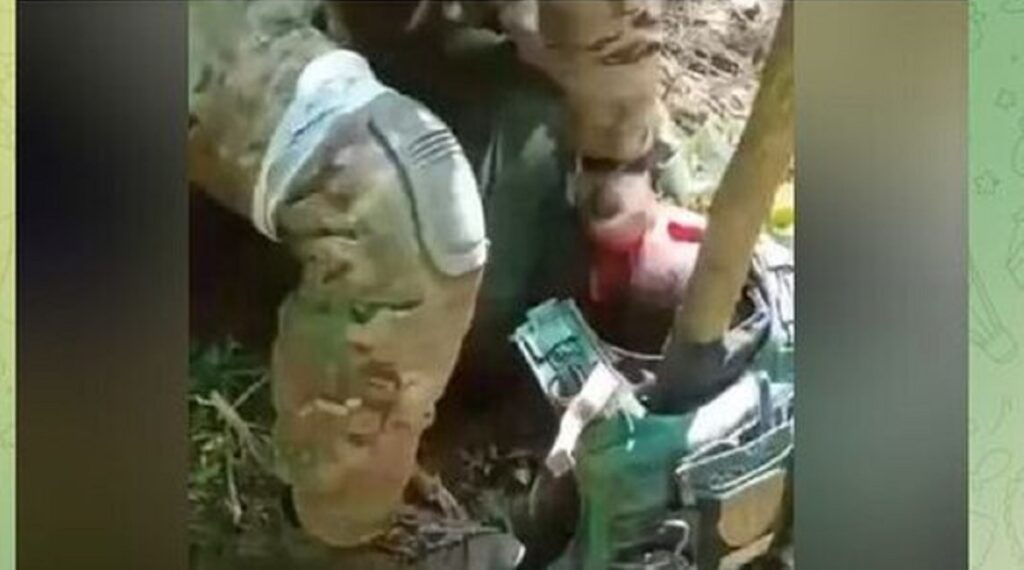
More on this story: Russia’s war crimes reflect population’s morality lows
4. The detention of Tajik nationals suspected of murdering over a hundred people at the Crocus City Hall concert venue points to Russia’s “success” in radicalizing Central Asia. A significant number of ISIS recruits turned out to be labor migrants working in Russia who were originally from this particular region. Massive discrimination against Tajik labor migrants in Russia has been reported quite widely: they were subjected to humiliation, detention, and discrimination in Moscow’s labor market, with some obvious signs of human trafficking in place. Russia has become for labor migrants from Central Asia a sort of incubator for their radicalization, leading them to join terrorist organizations. In fact, this is consistent with Russia’s colonial policy toward the post-Soviet space, where Moscow views former Soviet republics as inferior nations that must not exist outside Russia’s zone of influence.
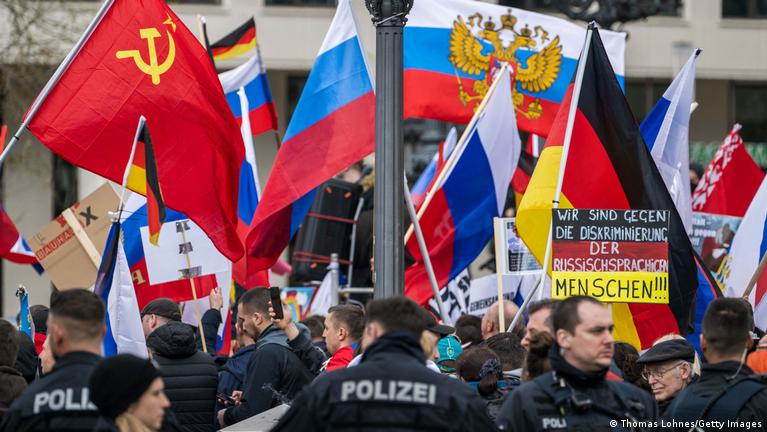
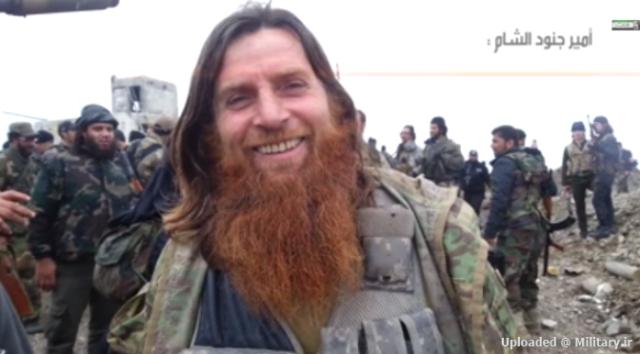
More on this story: The Kremlin uses the Syrian campaign to reduce terrorist threat in Russia
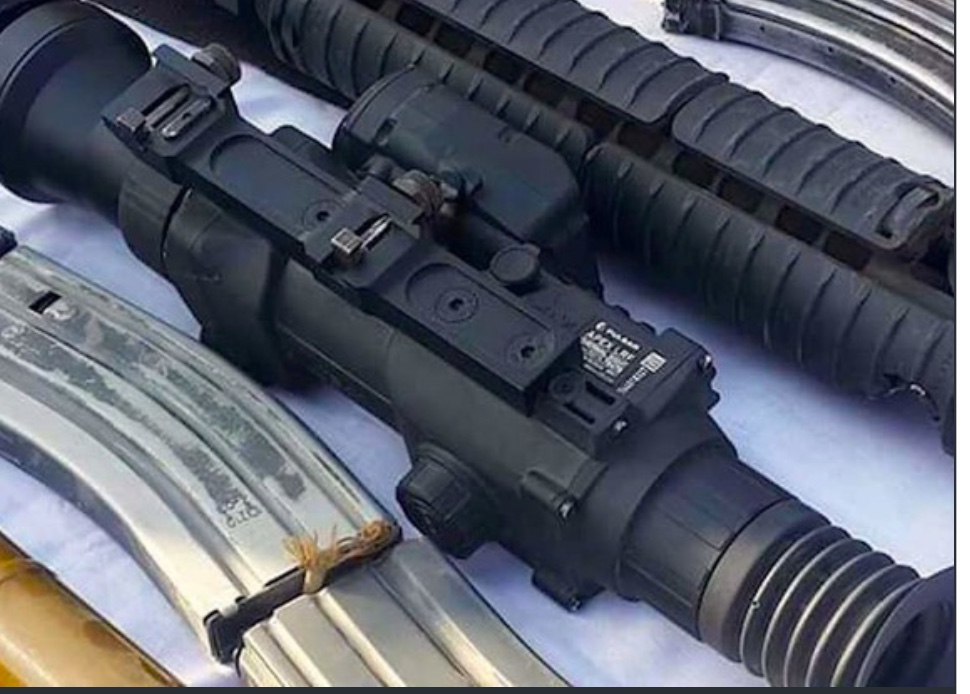
More on this story: Covert arms transfer schemes for terrorism network


